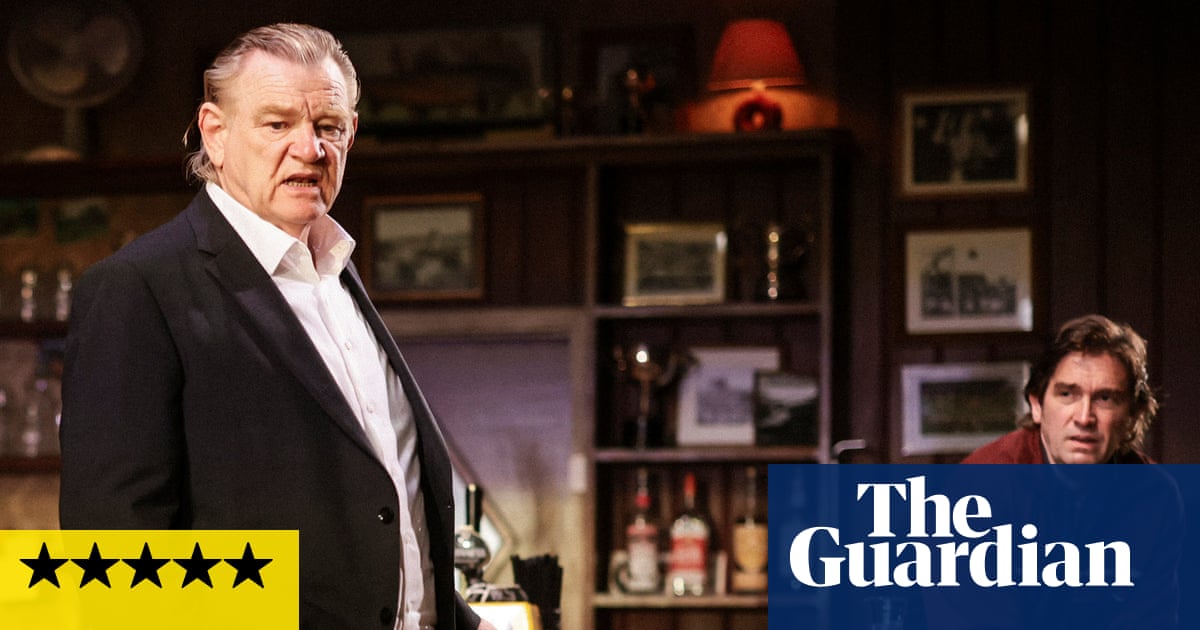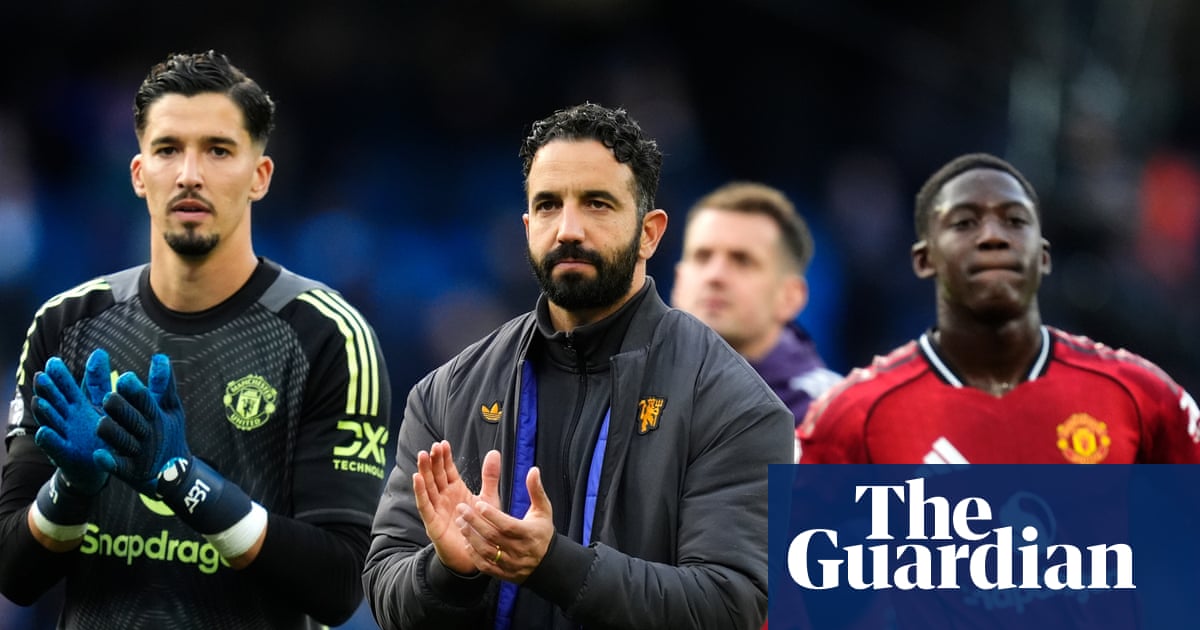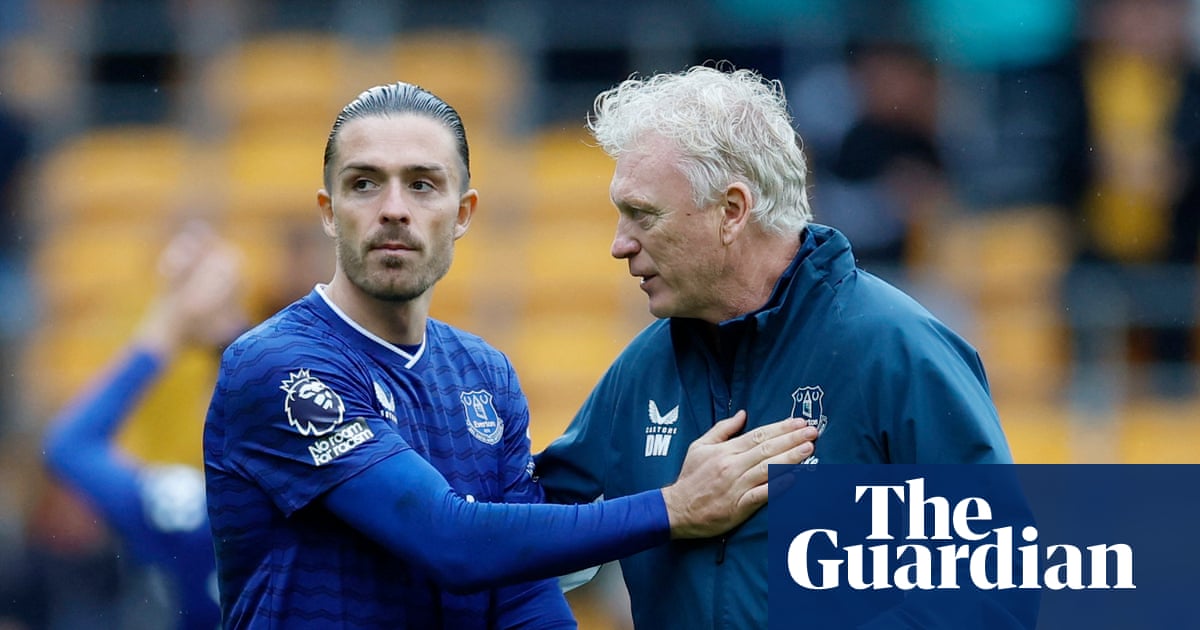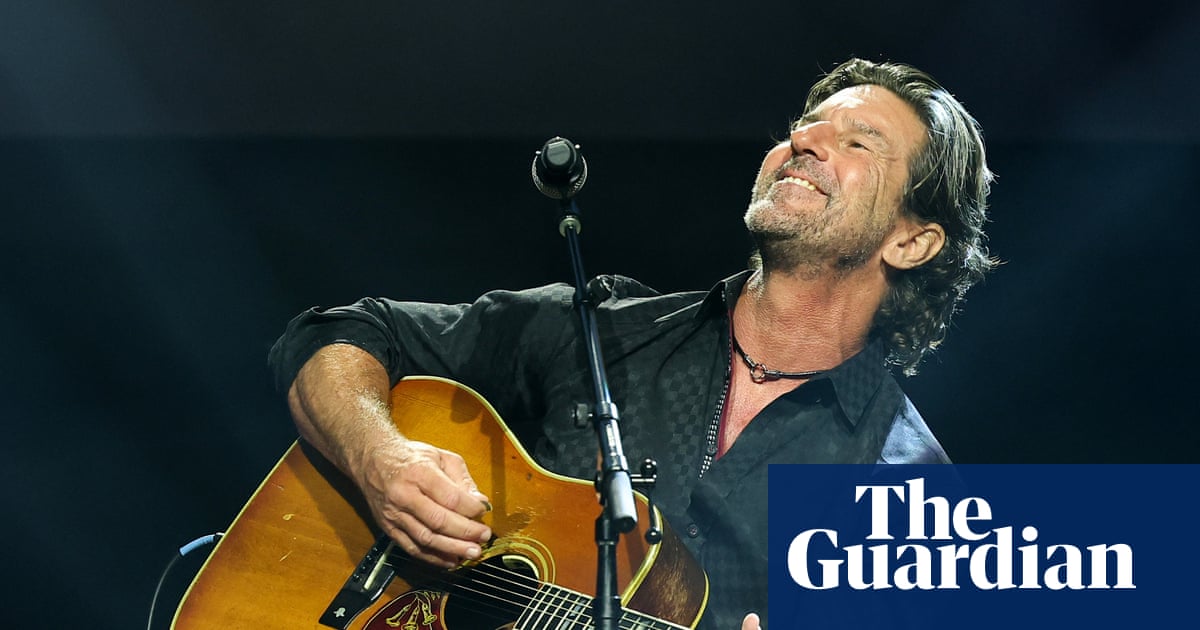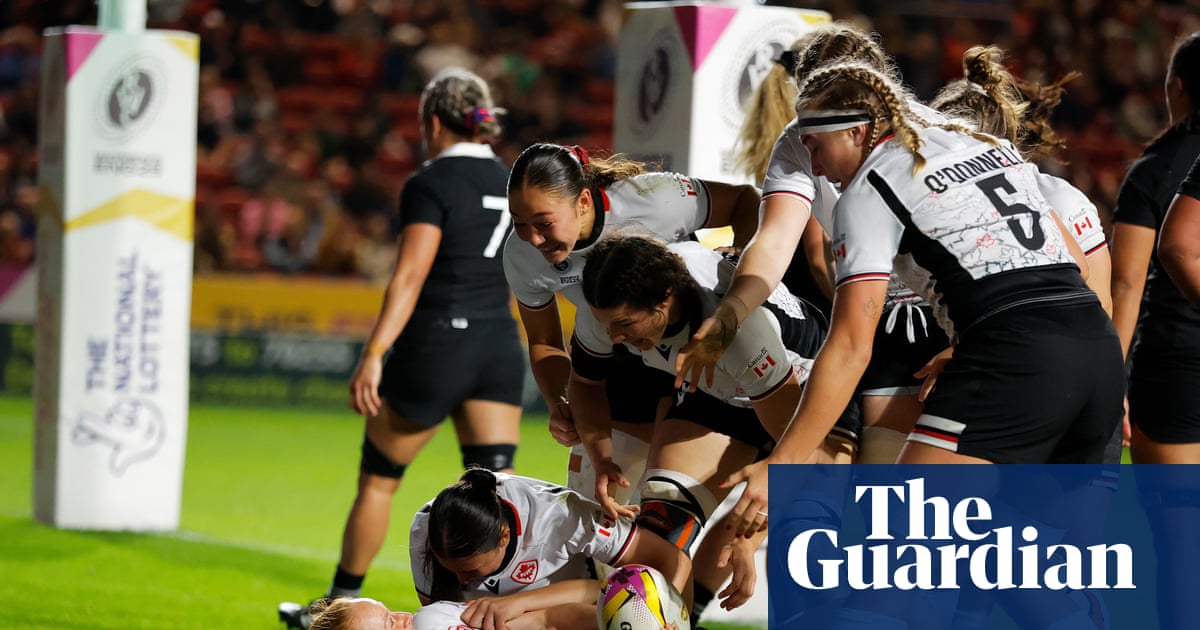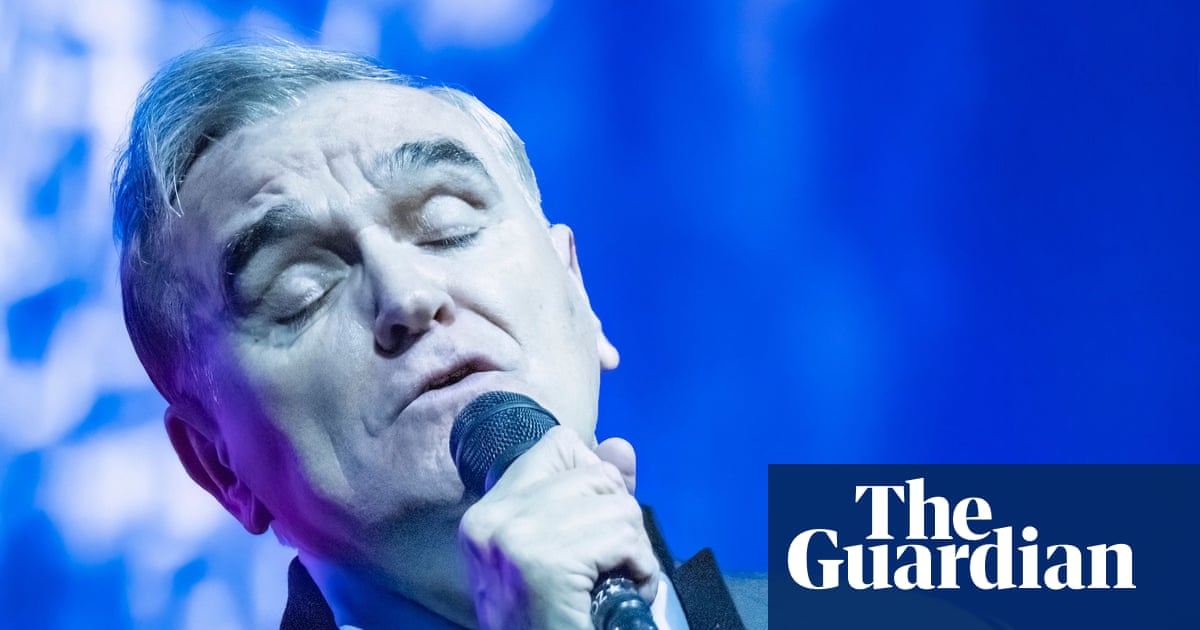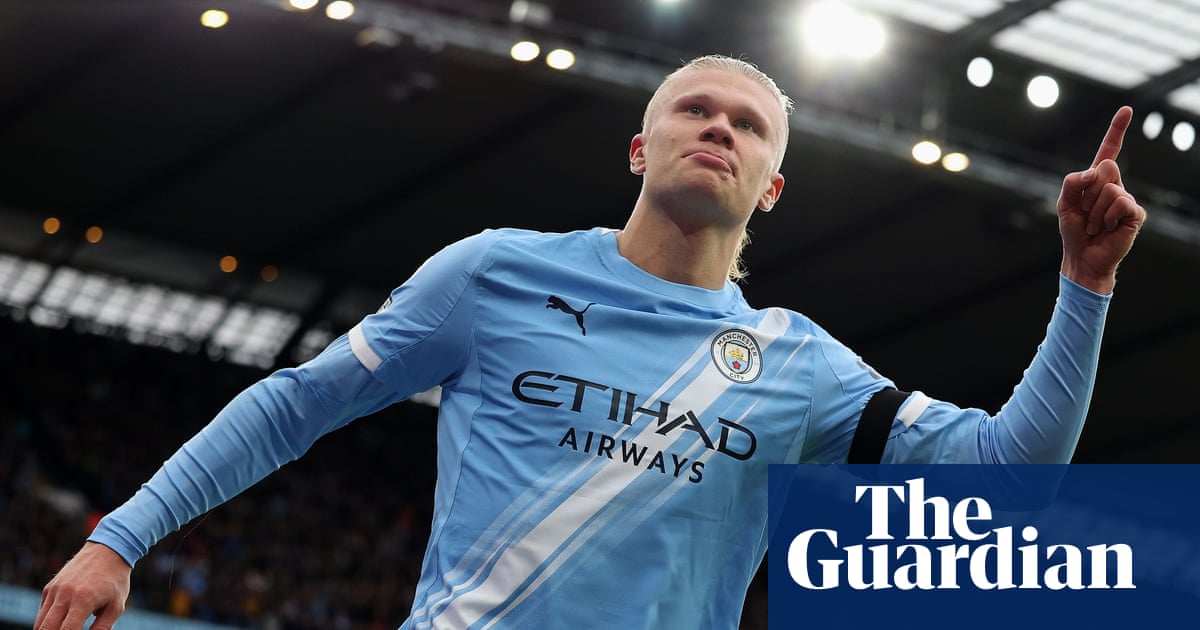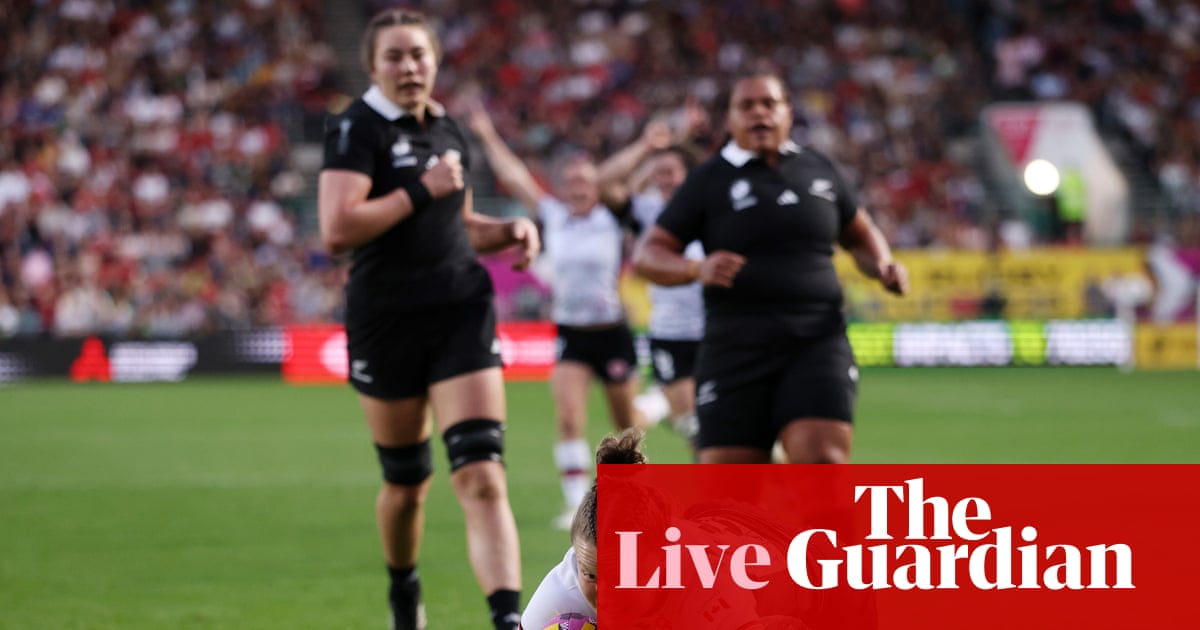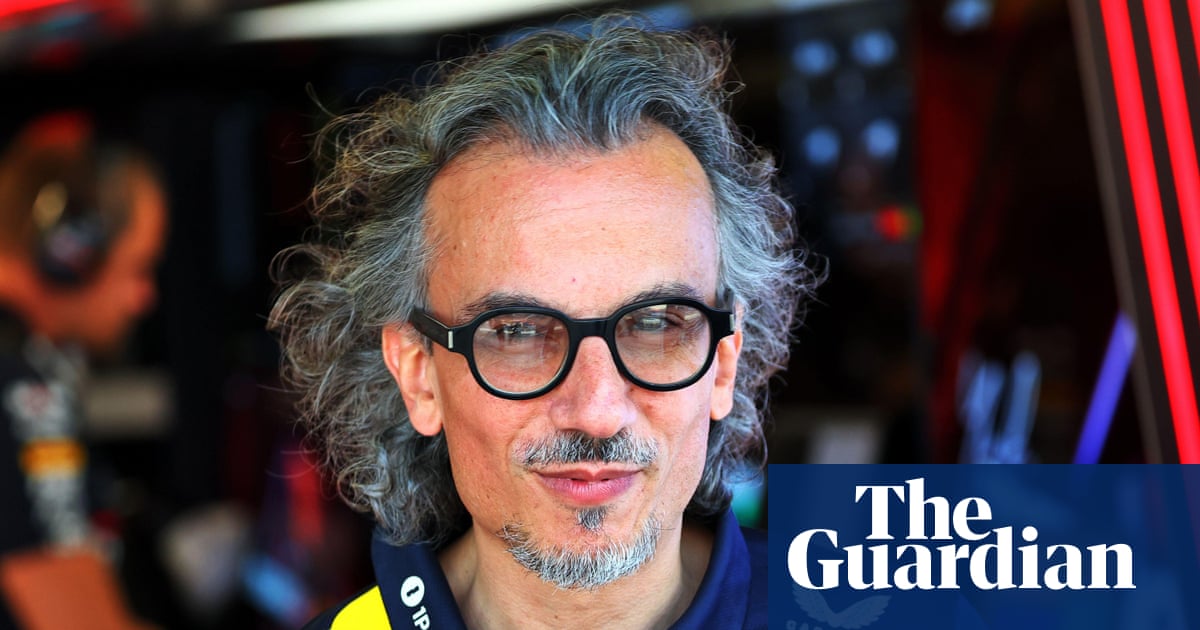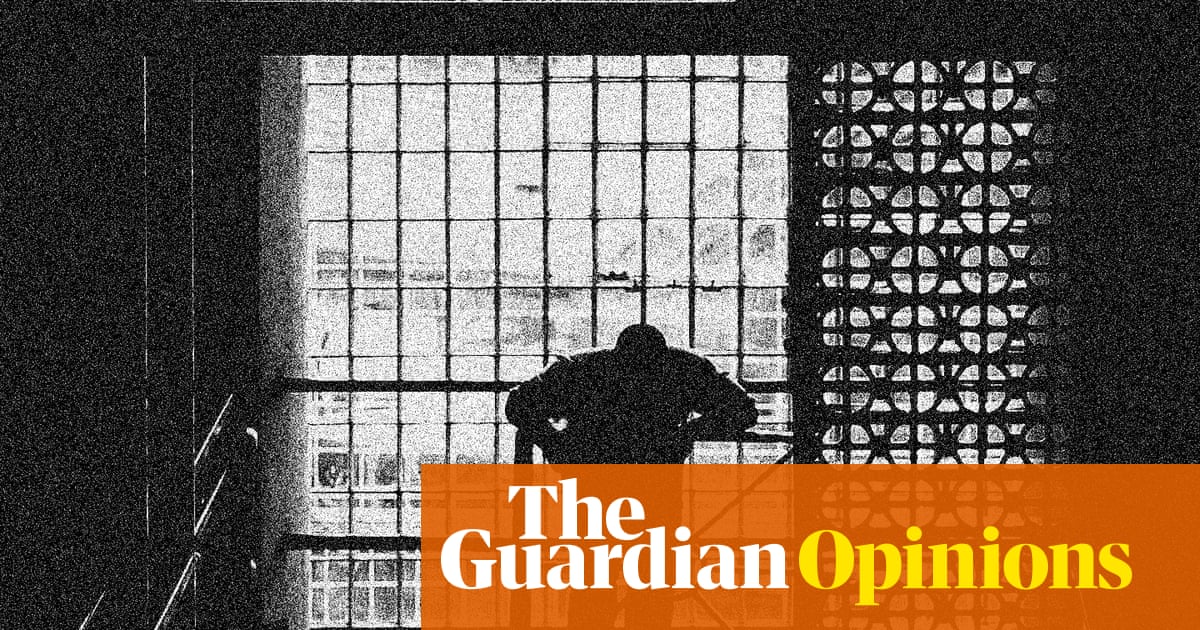Between the so-called “Craic Pack” actors (Cillian Murphy, Saoirse Ronan, Barry Keoghan), a tranche of garlanded authors (Sally Rooney, Paul Lynch, Anna Burns) and the zeitgeist-dominating likes of Kneecap, Fontaines DC and CMAT, Irish culture is evidently having a moment. Sprints are delighted to be riding the wave of the “Irish renaissance”, as the Dublin band’s frontwoman Karla Chubb wryly refers to it. “We’re definitely in a good time for being Irish internationally,” nods drummer Jack Callan, before swiftly puncturing this optimistic sentiment. “I’m just waiting for it all to crash and burn now, like someone’s going to ruin it.” Chubb zeroes in on the worst-case scenario: “Paul Mescal’s going to do something terrible!”
Mercifully, at the time of writing at least, Mescal remains secure in his position as the internet’s most-wanted boyfriend – not that Sprints need to cling to their countryman’s coattails. Since forming in 2019, the band – which also features Sam McCann on bass and guitarist Zac Stephenson – have risen through rock’s ranks by gigging relentlessly with their cathartically boisterous, brutally candid post-punk. In 2023 they supported Suede on tour, finding a champion in Brett Anderson, who tended to linger side of stage during their sets. (McCann would often turn to suddenly see “a menacing black silhouette” standing there. “Like Slenderman,” says Callan.) The following year, their blistering, brooding, hook-riddled debut album, Letter to Self – which doubled as an unflinching, aphorism-strewn account of Chubb’s mental health and ADHD struggles – reached the UK Top 20. In January it was shortlisted for an RTÉ Choice music prize, Ireland’s biggest music award.
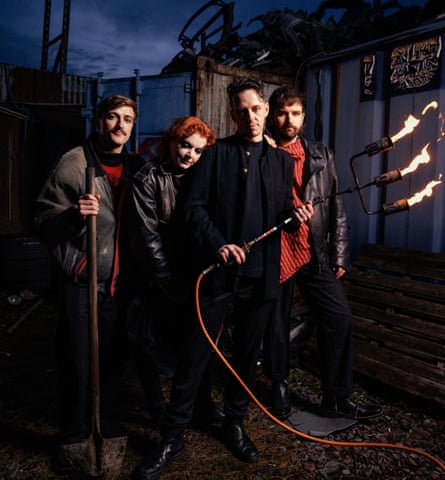
Now, ahead of their most high-profile Glastonbury slot yet, the band are preparing to step things up again. Letter to Self’s forthcoming sequel, All That Is Over, leans harder into certain existing influences – Bauhaus, PJ Harvey – to arrive at a sound Chubb is semi-jokingly calling “gothic cowboy”, while expanding into less autobiographical territory by drawing on novels (Prophet Song, The Bee Sting, the works of Octavia Butler) and video games (Fallout). Not quite “end of the world” stuff, explains Chubb over coffee with her bandmates in the bar of their London hotel on a sunny June day. “But otherworldly. A lot of it is escapism – even though we’re escaping from one dystopian world to another.”
The album was shaped by a contradiction: things really began to take off for Sprints just as the news cycle started to get significantly darker. “We’ve built this beautiful, liberal, queer, creative bubble, and would be on tour playing these amazing shows … then you’d pick up your phone and be like, ‘What the fuck is happening?’ Like in Gaza, or the forest fires in LA. We’re doing the most artistically true and honest thing, and it’s set against this backdrop of the world feeling like it’s gonna end at any moment.”
Music helps Chubb make sense of it all, she says. That is what the band’s latest single, Descartes, is about, with its core lyric – “I speak so therefore I understand” – riffing on the philosopher’s first principle to capture the clarity and catharsis provided by songwriting. The track also reiterates the band’s commitment to using their voice. Like many Irish acts – including Fontaines DC (whom they are due to support on tour this summer) and Kneecap – Sprints are politically outspoken. Chubb feels she bears the brunt of the pushback from this, and much more besides. Over the last year, she has been confronted with “articles about my weight” alongside “open letters from idiot men criticising my political stance – calling me arrogant because I had the audacity to use my platform on stage to speak about Palestine”.
Some of Chubb’s anecdotes about the mansplaining she has endured are amusingly ludicrous – such as the one about the punter at a recent Dublin show who deigned to give her advice about the band’s guitar parts before telling her his son “could have done a better job”. In the early days of Sprints, Chubb felt pressure to perform solos “to prove that I could play the guitar, because people were automatically going to assume that I didn’t.” Today, she cares far less about the opinions of random blokes: “With this album, I don’t really give a fuck.”
Yet other instances of misogyny are harder to shake off. Last year, Chubb made headlines when she spoke about being groped by a gig-goer while on stage in Belfast (it happened during a Munich show too). At first, she wasn’t even shocked, but then “I started to talk about it and the guys were like, ‘What the fuck?’ So I thought, ‘OK, this is something I’m allowed to be upset by.’ When I decided to speak publicly about it, so many artists reached out and were like, ‘the same thing happened to me, it’s disgraceful.’”
We could spend hours raking over the sexism Chubb has experienced as a frontwoman, but rather than cowed or beleaguered, she and her bandmates seem overall quietly euphoric. Rock band economics are precarious – “there are months when we don’t know how much, if any, money we’re going to get in,” says Chubb – and the lifestyle can be tough: their original guitarist Colm O’Reilly left last year because he wanted to settle down. “Touring life is not for everyone – if you don’t like it, it’s hell,” says McCann.
after newsletter promotion
Yet the remaining members are clearly revelling in their ascent, enthusiastically reeling off their Glastonbury must-sees (Amyl and the Sniffers, Getdown Services, Nilüfer Yanya) before reflecting on the forward momentum and endless possibility of life on the road now that they get to do this full-time. “There’s always another show to play, there’s always another album to write,” Chubb says, before letting out a droll chuckle. “And there’s always another crisis of faith or mental health to write a song about.”

 2 months ago
97
2 months ago
97

